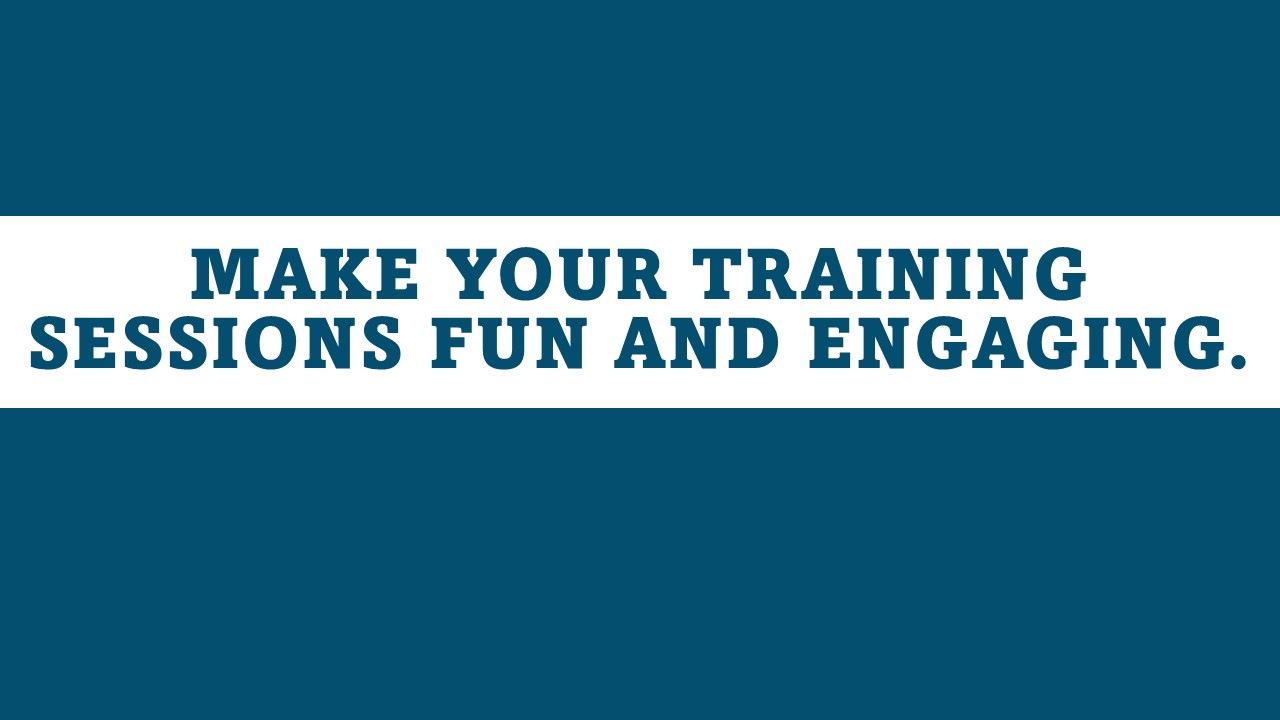HOW TO BE A BETTER SOCCER COACH
LEARNING HOW TO BE A BETTER SOCCER COACH IS A LIFELONG PROCESS; HERE ARE SOME TIPS AND IDEAS TO HELP.
How to be a better soccer coach to young amateur teams?
Some coaches have played this game for years and decided to teach their knowledge and experience to the young players of the future. In contrast, some coaches have played very little or not at all and have started coaching because their child needs a volunteer. Coaching is a lifelong learning pursuit if you take it seriously. As a soccer coach, it is up to you to commit and see how much you want to learn in pursuing being a soccer coach.
Coaching youth soccer or any other sport is a privilege. You, as a coach, can have a lifelong impact on the kids' lives. Coaches are mentors to our children, and some coaches are remembered for life.
Over the years, I have coached different age groups in clubs, private training, and my soccer academy. I have also played the sport all my life. Here are some tips and advice on how to be a better soccer coach.
HOW TO BE A BETTER SOCCER COACH STARTS WITH PARENTS OF THE KIDS YOU TRAIN.

Start with the kids' parents. Communication is the best way to set your expectations and tell them your responsibilities and what you will do. My expectations from the parents/players are simple.
- Players must attend training 10 - 15 minutes earlier than the set time. I understand that parents are busy. Suppose you don't mention training time and expectations. In that case, your training session will consist of kids popping in after the training starts, disrupting the training. Some parents lead a busy lifestyle and have to be late. That is ok as long as the player's parents communicate with me. I bring this across because they are helping their kids build discipline by being on time. Im sure parents will approve of developing a habit of being punctual and on time for school, work, celebrations, and other essential things in life.
- My second expectation concerns the parent's behavior during games and training. Kids are there to learn, have fun, exercise and socialize. I remind parents that they are the kid's role models and that no swearing, yelling, getting angry at the referee, or negativity will be allowed. Suppose they get upset during the game, training, or at me. I suggest walking it off, cooling down, and enjoying the day with the kids. I have an open communication policy for any issues.
HOW TO BE A BETTER SOCCER COACH IN TRAINING AND GAMES

You, as a coach, are responsible for creating a teaching environment for the kids. If you take up coaching, you are also responsible for preparing for your training sessions and having the equipment to organize fun and exciting training sessions.
- Before every training session, communicate a reminder for the soccer training to players or parents.
- Prepare your training sessions ahead of time. Please write it down in your training notebook. Over time you will have multiple training sessions to choose from and be ready for your soccer training session. When you plan your training, you will realize how to prepare sessions to improve players' soccer skills over the following weeks/months. Take a picture of the written training session, and you are ready.
- Show up to your training session 15-20 minutes earlier to set up the prepared training plan you wrote down.
- Invest in an electric pump and pump your soccer balls once a week. I pump my soccer balls to a set point the night before every practice. Some soccer balls lose pressure faster than others, but they all start being mushy if not pumped up regularly. Electric pumps make it easy to pump them up unless you like to work out your biceps.
- Have the equipment to hold fun and active training sessions. Invest in large cones, two agility ladders, pinnies, small cones, and some hurdles. Most importantly, invest in soccer balls for every player. If you don't have enough soccer balls, ask the parents for players to bring a soccer ball to training. This simple set of equipment can create many fun and physically demanding soccer drills with and without the soccer ball.
- Plan a soccer training session according to the skill level and age group you are coaching. Players younger than 14 should have lots of contact with the soccer ball throughout the training session. Avoid lines of players waiting their turn to do one drill with few touches and go to the back of the line. Always think about how you can make players more active and engaged than standing around and waiting their turn.
- Be engaged in your training sessions. Show and demonstrate the soccer drills if you can. If not, find one of the players that generally does well with soccer drills and have them show the exercise.
- Do not allow players to talk while you are talking. The players need to respect the coach when he is talking. In turn, you, as a coach, will also respect players when they speak and have something to say. When players are being disruptive, I stop talking and look straight at the young players who are being disruptive, waiting to make eye contact with them. They realize that training has stopped because of them, and it helps keep the training session with fewer distractions. At the start of every training session, I remind the players that I have a plan for that training day, and depending on how disruptive they are will depend on how long the playtime at the end will end up being. All young players love to play more than do drills, so I use it to my advantage to keep the disruptions to a minimum.
- Push the players to do more. Being encouraging and loud will push young players past their comfort zone. Many, many, many lazy soccer players need a push in the right direction to get the most out of themselves. Your job as a coach is to identify and treat the youth soccer players differently depending on how they respond to encouragement or criticism. Most young players respond better to motivation and encouragement, but some thrive on criticism.
- Always encourage playing with the soccer ball at home, in the backyard, in the park, and in their own time. Players will only master the soccer ball if they spend time playing with it on their own. Two weekly training sessions and a game on the weekend will not lead to the next soccer superstar or a college scholarship.
- Cultivate a fun training environment for kids to get excited and look forward to attending. You do this by planning and creating active and engaging soccer training sessions.
- Winning is important, but developing and having fun playing the game is more important. You may want your U10 team to win games above all else. Focusing on winning too much takes the pleasure out of any youth sport. Concentrating on learning, player progress, having fun, and believing in the process is a better approach to coaching young kids. Any success is a process. Again, winning is important, but many other things should come before winning when coaching young soccer players. Focus on having fun in practice and games while developing young soccer players who love and enjoy playing this game and developing their skills. Every player naturally wants to win their games. Nobody likes losing.
- You are the leader. Start with holding yourself accountable and then hold your players accountable. Don't be the coach who thinks up the practice in your head as you drive to the training session. Be the coach with an idea and plan what you will be doing with the team for the next few weeks, not that day. Going to training with a plan makes the training session so much better and easier to get through.
- Let the kids be free to make mistakes. Demand and encourage creativity and trying things on the field. Get the players to love and learn the game through fun and play. Young soccer players get bored very quickly. There is less talking from the coach, less waiting in line, and more involvement with the ball and play-like situations. Let the soccer ball roll, and the players will love and enjoy the game.